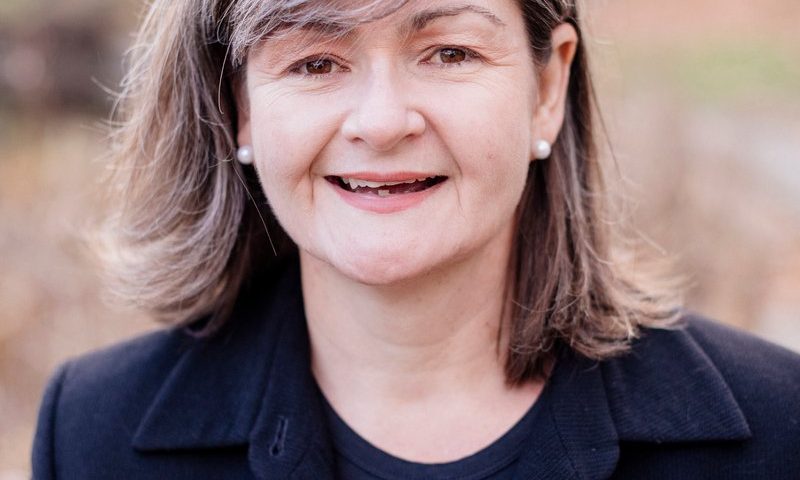As Corbus Pharmaceuticals awaits data and lingers in the FDA clarity queue on its thrice-failed autoimmune treatment, the biopharma hopes Takeda’s oncology leader will right the ship as it focuses on early-stage development.
The company poached Rachael Brake, Ph.D., from Takeda to serve as chief scientific officer as Corbus rebuilds its pipeline with two monoclonal antibodies it licensed this summer. Brake was a vice president at the Japanese Big Pharma, where she most recently held the head of U.S. medical affairs post for its oncology unit.
Brake joins as Corbus expects topline data this month from the only ongoing trial of its sole clinical-stage asset, lenabasum, and as it waits for the FDA to clear up confusion on where the drug stands in another indication.
The oral cannabinoid type 2 agonist failed a phase 3 test in cutaneous systemic sclerosis and a phase 2b study in cystic fibrosis in autumn 2020. Corbus axed 54% of its workforce as a result. Then, the drug failed a late-stage trial in dermatomyositis, a rare disease known for skin rashes and muscle weakness, among other complications.
But the company is still waiting for clarity from the FDA on whether the drug has a future in dermatomyositis following the failure in June, the company said in its third quarter earnings last month. And Corbus expects data this quarter on a phase 2 study of the drug in systemic lupus erythematosus, the most common form of the disease in which the body attacks its own tissues.
In her role, Brake will help Corbus flesh out its “broader scientific strategy to help guide future business development opportunities and refinement of the research scope,” the company said Tuesday.
In the weeks leading up to the June failure, Corbus pinned its future on two monoclonal antibodies, CRB-601 and CRB-602. The biotech plans to begin testing both in phase 1 studies next year, the company said at the time.
CRB-601, in-licensed from the University of California, San Francisco, targets solid tumors in combination with existing therapies. The other antibody will go after fibrotic diseases and carcinomas, and it was developed by Panorama Research.
Brake was hired in part for her experience getting assets through the clinic. She played a role in early- and late-stage clinical development and had a hand in the regulatory approvals of lung cancer meds Alunbrig and Exkivity, which targets about 1% to 2% of non-small cell lung cancers.
Prior to Takeda, Brake served in leadership posts at Amgen and Millennium Pharmaceuticals.

